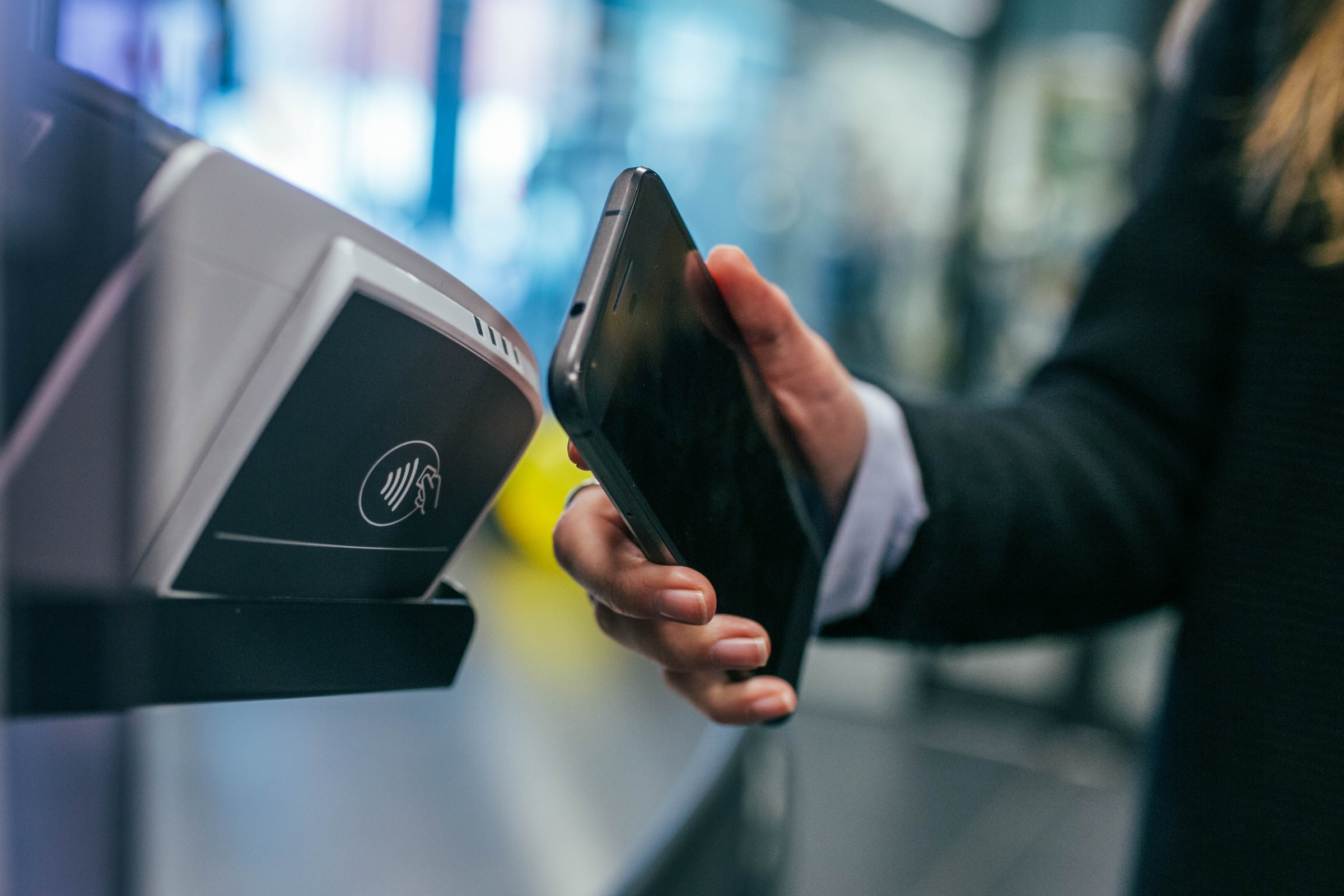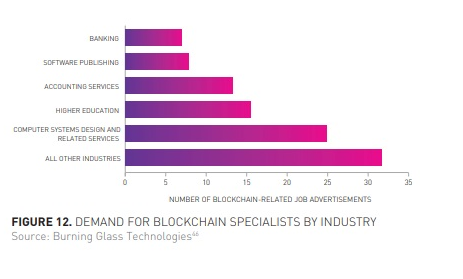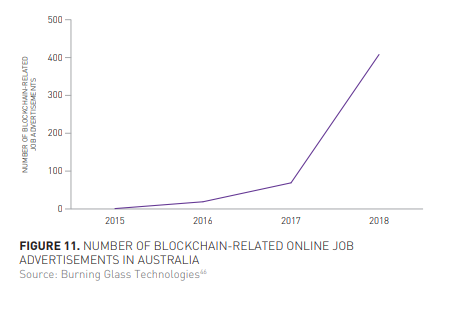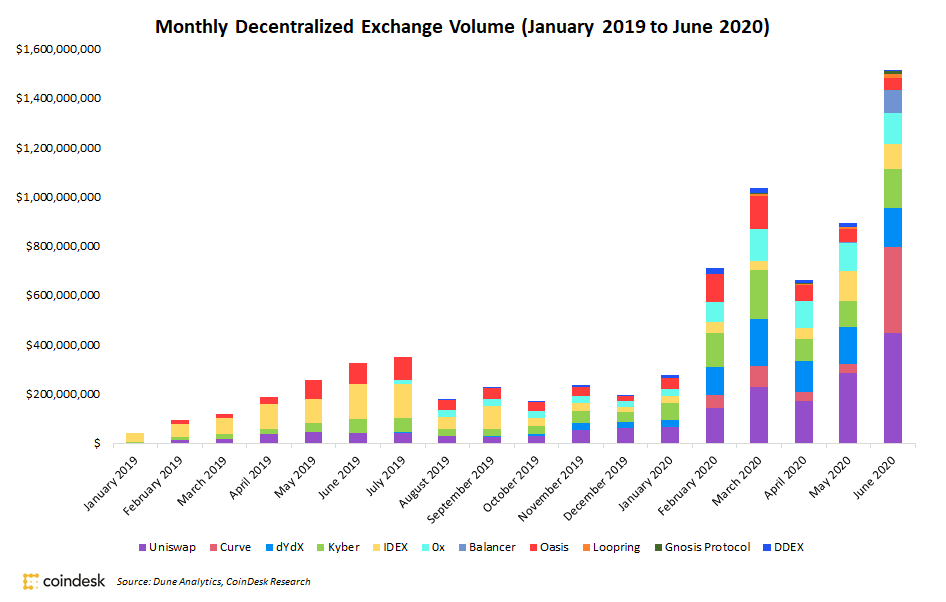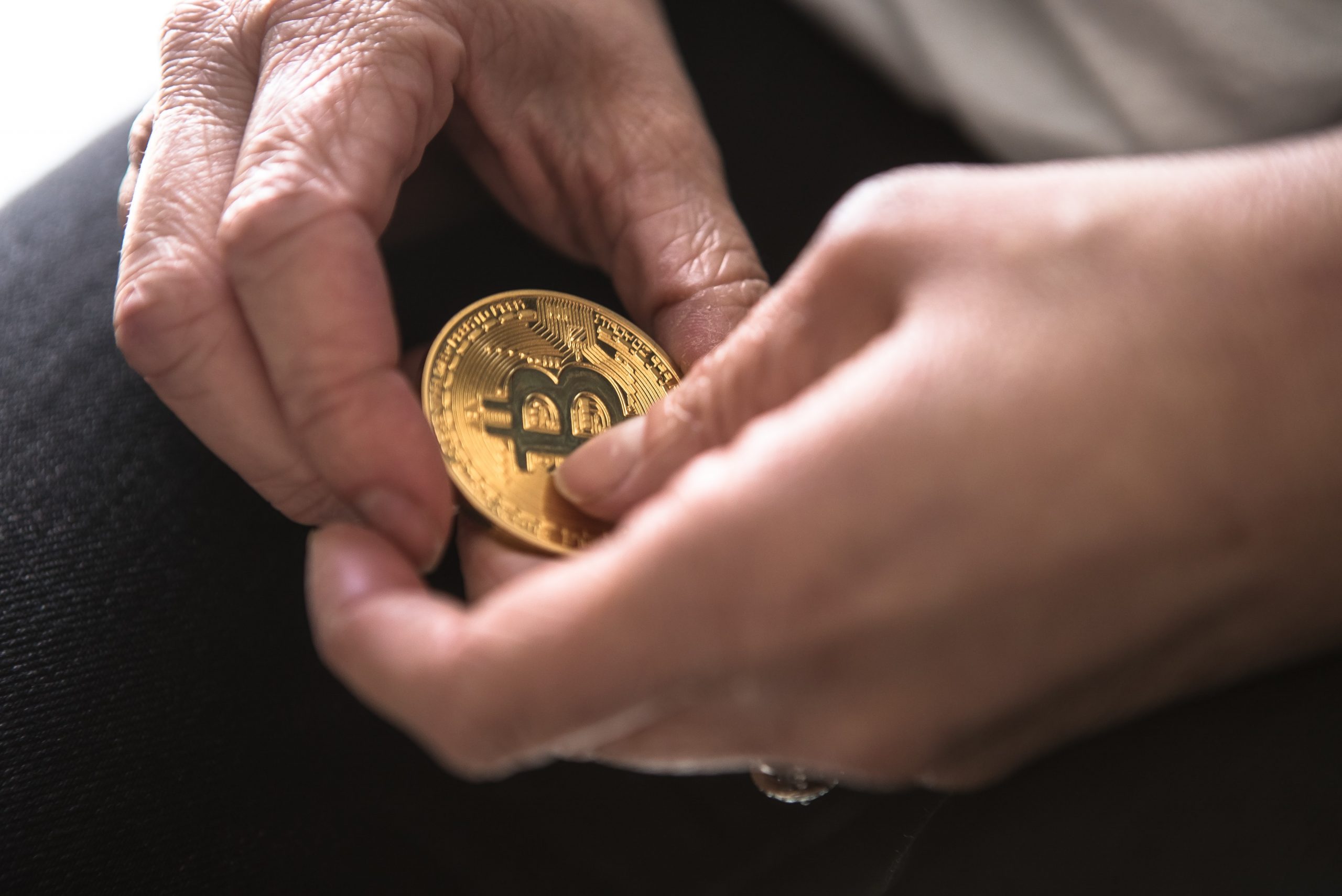During the ongoing pandemic, businesses across Australia have seen a marked increase in cashless payments — nearly a third of businesses now receive over 95% of their payments via contactless methods, with the steepest drop in cash payments during this period happening in April.
Australian developers are now actively working to make it easier to pay businesses in cryptocurrency, the possibility to pay with alternative currencies may be on the horizon.
Colin Birney, Head of Business Development at Square Australia, released a statement showing that as the current pandemic began health and safety concerns became the main focus for business owners adapting to the changing market.
“This raised questions of how to properly conduct business and accept payments during social distancing and stay-at-home mandates,” stated Birney. “The result has been a significant shift by many Australian businesses away from cash, although we have seen variances across industries and in different parts of the country.”
30% of Australian businesses are prepared to enact a payment environment similar to the one found in Holland where cashless payments are strongly preferred, and sometimes the only option. Many businesses appear to be considering introducing cryptocurrency payment options in order to smooth the transition.
Crypto as Cash in Australia Not Far Away
Australian regulatory frameworks provide both Aussie businesses and consumers with the ability to sell or buy goods and services with cryptocurrency. The ATO provides detailed guidance for businesses interested in accepting cryptocurrency as a payment method, with nuanced tax laws allowing consumers to exchange crypto for products or services without a significant tax bill.
With over 300,000 active cryptocurrency users , Australian businesses have a vested interest in maintaining customer loyalty by allowing them to pay whichever way makes them comfortable. Cryptocurrency payment options would mirror European markets such as Germany and the Netherlands, where Sofort and iDEAL are alternative payment methods that can be used in most stores due to popular demand.
Due to projects such as Cardano e-Commerce paving the way for mass adoption of cryptocurrency payments on the Australian market, a future where cryptocurrencies are accepted as readily as credit cards may not be too far away.

